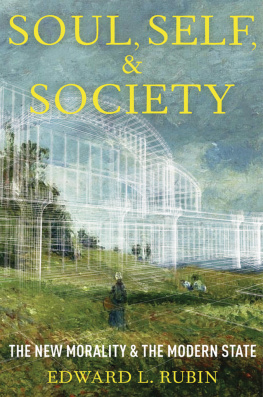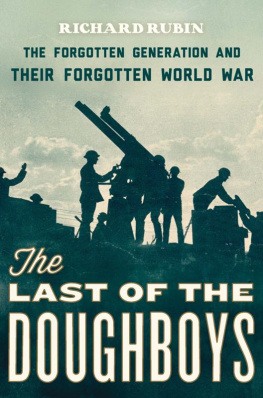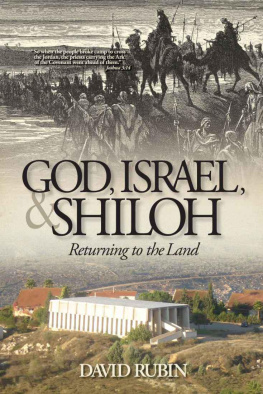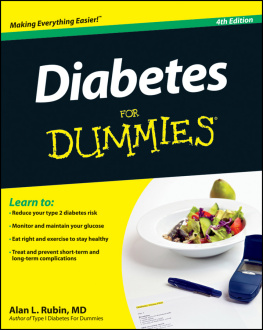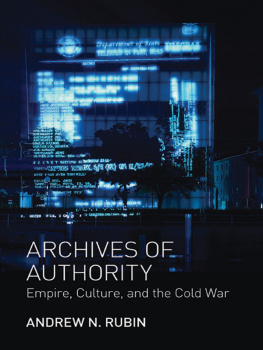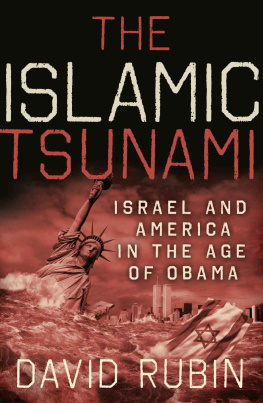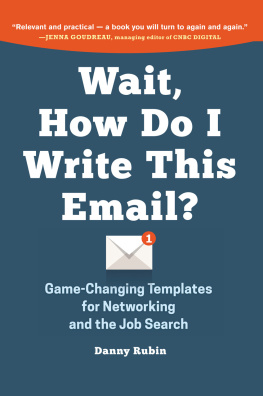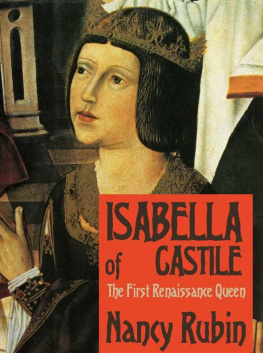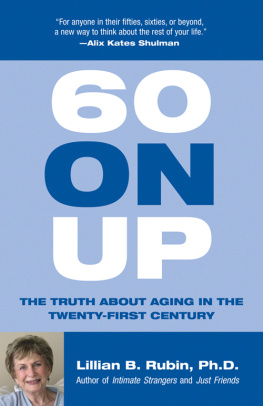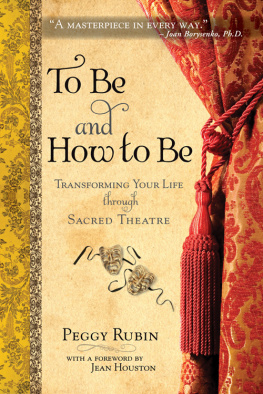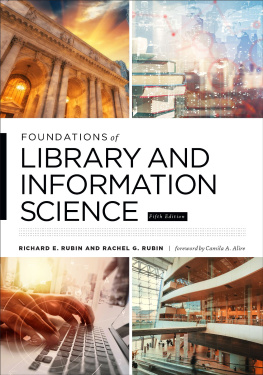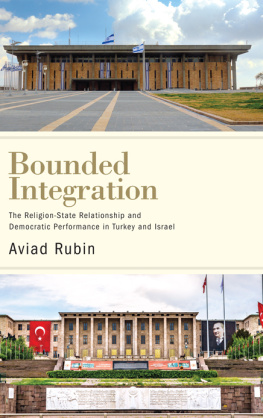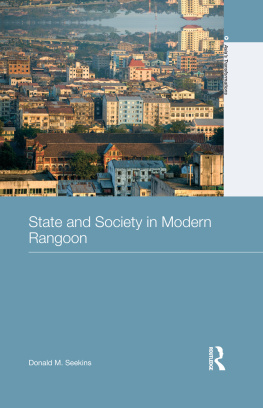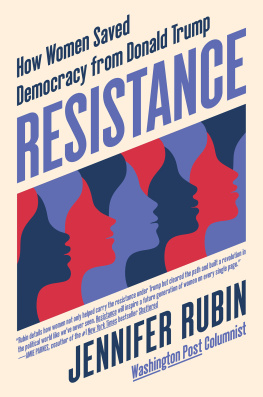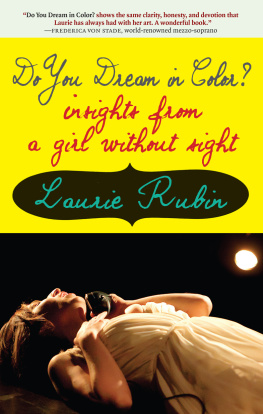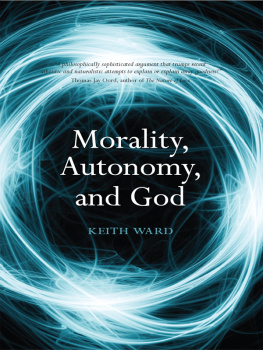Rubin - Soul, self, and society: the new morality and the modern state
Here you can read online Rubin - Soul, self, and society: the new morality and the modern state full text of the book (entire story) in english for free. Download pdf and epub, get meaning, cover and reviews about this ebook. City: New York, year: 2015;2014, publisher: Oxford University Press, Incorporated, genre: Politics. Description of the work, (preface) as well as reviews are available. Best literature library LitArk.com created for fans of good reading and offers a wide selection of genres:
Romance novel
Science fiction
Adventure
Detective
Science
History
Home and family
Prose
Art
Politics
Computer
Non-fiction
Religion
Business
Children
Humor
Choose a favorite category and find really read worthwhile books. Enjoy immersion in the world of imagination, feel the emotions of the characters or learn something new for yourself, make an fascinating discovery.
Soul, self, and society: the new morality and the modern state: summary, description and annotation
We offer to read an annotation, description, summary or preface (depends on what the author of the book "Soul, self, and society: the new morality and the modern state" wrote himself). If you haven't found the necessary information about the book — write in the comments, we will try to find it.
Soul, self, and society: the new morality and the modern state — read online for free the complete book (whole text) full work
Below is the text of the book, divided by pages. System saving the place of the last page read, allows you to conveniently read the book "Soul, self, and society: the new morality and the modern state" online for free, without having to search again every time where you left off. Put a bookmark, and you can go to the page where you finished reading at any time.
Font size:
Interval:
Bookmark:

Soul, Self, and Society

Oxford University Press is a department of the University of Oxford. It furthers the Universitys objective of excellence in research, scholarship, and education by publishing worldwide.
OxfordNew York
AucklandCape TownDar es SalaamHong KongKarachiKuala LumpurMadrid
MelbourneMexico CityNairobiNew DelhiShanghaiTaipeiToronto
With offices in
ArgentinaAustriaBrazilChileCzech RepublicFranceGreeceGuatemalaHungary
ItalyJapanPolandPortugalSingaporeSouth KoreaSwitzerlandThailand
TurkeyUkraineVietnam
Oxford is a registered trademark of Oxford University Press in the UK and certain other countries.
Published in the United States of America by
Oxford University Press
198 Madison Avenue, New York, NY 10016
Oxford University Press 2015
All rights reserved. No part of this publication may be reproduced, stored in a retrieval system, or transmitted, in any form or by any means, without the prior permission in writing of Oxford University Press, or as expressly permitted by law, by license, or under terms agreed with the appropriate reproduction rights organization. Inquiries concerning reproduction outside the scope of the above should be sent to the Rights Department, Oxford University Press, at the address above.
You must not circulate this work in any other form and you must impose this same condition on any acquirer.
Library of Congress Cataloging-in-Publication Data
Rubin, Edward L., 1948
Soul, self, and society: the new morality and the modern state / Edward L. Rubin.
pages cm
Summary: Morality is not declining in the modern world. Instead, a new morality is replacing the previous one. Centered on individual self-fulfillment, and linked to administrative government, it permits things the old morality forbid, like sex for pleasure, but forbids things the old morality allowed, like intolerance and inequality of opportunityProvided by publisher.
ISBN 9780199348657 (hardback)
eISBN 9780199348671
1. State, TheMoral and ethical aspects. 2. Political ethics. 3. Conduct of life. 4. Social ethics. 5. Christian ethics. I. Title.
JA79.R76 2015
172dc23
2014021186
To Ilene, Greg, Tim, Juliette, and Alex
THIS BOOK HAS two separate sources. The first is as a follow-up to an earlier book I wrote, Beyond Camelot. The theme of that book is that many of the concepts we use in political and legal theory originated in the Middle Ages and reflect medieval modes of thought. These include the three branches of government, power, discretion, legitimacy, law, human rights, legal rights, and property. Since the Middle Ages, however, government has been transformed by the advent of the administrative state. As a result, the concepts we inherit from our past are no longer accurate or useful descriptions of our contemporary political and legal systems. If scholars want to understand those systems, I proposed, they need to bracket these conceptsto set them aside or at least recognize their premodern characterand think in different terms.
Having argued that the advent of the administrative state changes the way that scholars should think, I began to wonder whether this transformation of government has also changed the way that peoplescholars or otherwiseactually do think. My original inclination was to explore peoples attitudes toward law and politics, but then it occurred to me that both could be generalized as ways by which the government manages peoples lives. Private morality does the same thing. According to some definitions, it is the other half of our normative framework, in the sense that it includes any general rules for human behavior that are not imposed by government as a matter of law. So I began to wonder whether the advent of the administrative state had produced a corresponding transformation of morality. This led me to the converse question: Were changes in morality at least partially responsible for the advent of the administrative state?
The second source for this book is my own life experience. Some years ago, I became aware that events that I remembered clearly are now being taught in college history courses. My first reaction to this was similar to my reaction when I was told I needed eyeglassesa mixture of denial and existential dread. On reflection, however, I realized that I had in fact lived through a period of enormous change. When I was in elementary school, racial segregation was still rampant in the South, people could not only lose their jobs for being gay but even for suggesting that people shouldnt lose their jobs for being gay, and occupational equality for women was virtually inconceivable. There was a game called twenty questions where a kid would describe a mysterious event and the other kids would ask yes or no questions to figure out the explanation. One such event went as follows: A young man comes into a hospital emergency room needing an operation, but the doctor says, I cant operate on himhes my son. The doctor is not the young mans father, however. What could the explanation possibly be? Fairly often, no one could unravel the mystery with the allotted twenty questions.
It occurred to me that a great deal of current political controversy could be explained by peoples differing levels of comfort or discomfort with the massive changes that had taken place in the relatively brief duration of a human lifetime like my own. I realized as well that these reactions are indicative not only of social attitudes but also of moralitypeoples basic sense of right and wrong. At the same time, of course, peoples reaction to change determines their political positions, and those positionstranslated into law and policystrongly influence the pace of change. So in my life experience as well as in my academic speculations, I found that morality and government were intertwined.
Once I began exploring this connection, I realized that it was not only a recent phenomenon, but something that had occurred throughout the course of Western history, at least. I confronted this larger topic with some trepidation. To deal with it comprehensively, one should be a political scientist, historian, sociologist, anthropologist, and several other things besides. My only formal training is in law. The main source of reassurance for me when I decided to proceed was the fact that no one these days has enough specialized knowledge to cover a topic of this scope, so the only alternative was that this book should not be written at all. In addition, I realized that my legal training would provide me with some advantages, not only because law is an integral part of the story but also because studying it tends to focus consideration of government on the local levelthe way political systems manage relations among ordinary peopleand that this is the level most closely connected with private morality.
If I tried to name all the people who have helped me with this book, it would be an interminably long list, and I would undoubtedly leave many people out. So I will mention only my coauthors on books that preceded this one, Robert Cooter, Lisa Bressman, Malcolm Feeley, and Kevin Stack; my agent, Cecelia Cancellero; my former colleague at Berkeley, Robert Kagan, who provided enormously insightful and detailed comments on the manuscript; my editor at Oxford, David McBride, who provided equally helpful comments and sheparded the book through all its stages; Sarah Rosenthal, also at Oxford, who organized the illustrations for me; Sara Harrell, for her editing; the institutions where Ive taught, Vanderbilt University, the University of Pennsylvania, and the University of California, Berkeley; and the ones where Ive presented my ideas for the book at faculty workshops, Columbia University, University of California Irvine, the European Union University in Florence, Indiana University, Oxford University, Seattle University, the University of Toulouse, Southern California University, and the University of Wisconsin. Finally, I want to thank my family, to whom this book is dedicated, and who have had to put up with my idiosyncratic late-night hours when I was writing it, as well as with my daytime disquisitions about Early Medieval bloodfeuds, the organization of the Austrian Empire, the marketing of Uneeda biscuits, and other seemingly random topics.
Font size:
Interval:
Bookmark:
Similar books «Soul, self, and society: the new morality and the modern state»
Look at similar books to Soul, self, and society: the new morality and the modern state. We have selected literature similar in name and meaning in the hope of providing readers with more options to find new, interesting, not yet read works.
Discussion, reviews of the book Soul, self, and society: the new morality and the modern state and just readers' own opinions. Leave your comments, write what you think about the work, its meaning or the main characters. Specify what exactly you liked and what you didn't like, and why you think so.

